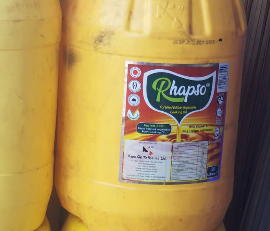Ever since Government of Uganda introduced the unpopular among industrialists a UgX200 levy on each litre of Cooking Oil and the 10% import duty on Crude Palm Oil products in July 2021 despite the fact that Crude Palm Oil is a critical raw material for processors of Oil and Oil Products in Uganda, key sector players are operating under tough times.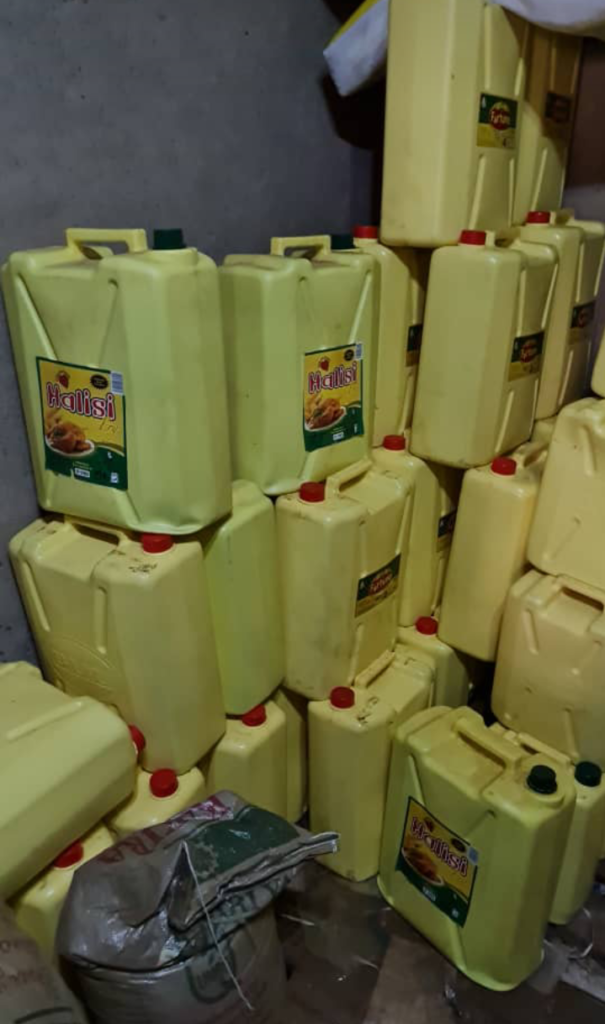
These levies are responsible for the current increase in prices of personal care items, edible oils and cleaning products. The affected sector belongs to the Fast Moving Consumer Goods category. The Ugandan Manufacturers who have been subjected to the excise duty per litre of produced oil must compete for cereals with other East African counterparts who don’t have such tax in their countries.
Important to note is that the Ugandan market prefers palm oil products to sunflower products.Surprisingly, Uganda is a key member of the East African Community that agitates for zero taxes on such products yet the cost of production in other East African states is said to be cheaper compared to Uganda’s.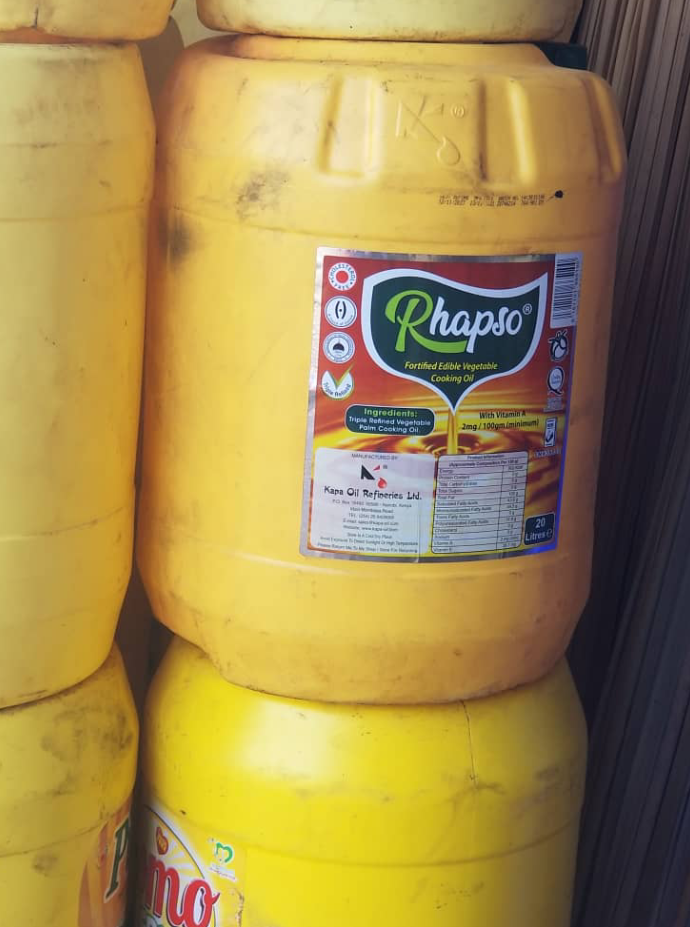
Unless it’s repealed, it will slowly discourage sector players making it inevitable for the different investors/cooking oil factories to close down, move to any East African States. This in both short and long run will lead to loss of jobs by many Ugandans, URA will not get taxes and Uganda’s supply chain will be no more.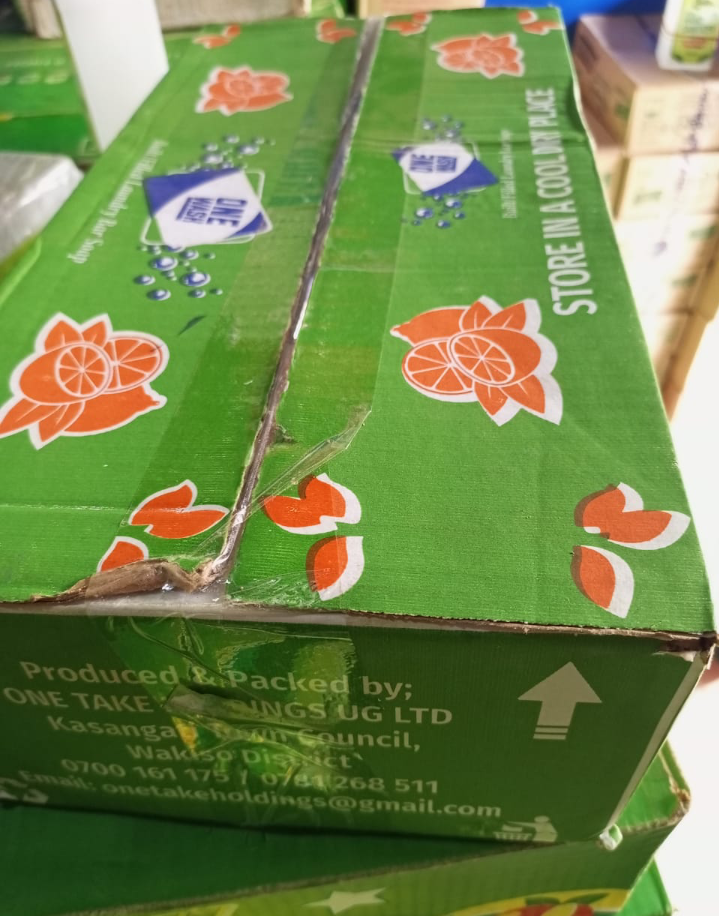
The same is not any better with rice farmers and dealers. Rice which is among the emerging crops in Uganda that play an important role both as a food and a cash crop has its equal share of challenges as rice farmers are not operating on the profit frontier.Rice value chain, there is limited use of yield-augmenting inputs; lack of reliable input and output markets, high transport costs, lack of physical and personal means of transport, and poor road network especially during rainy seasons, inadequate capital .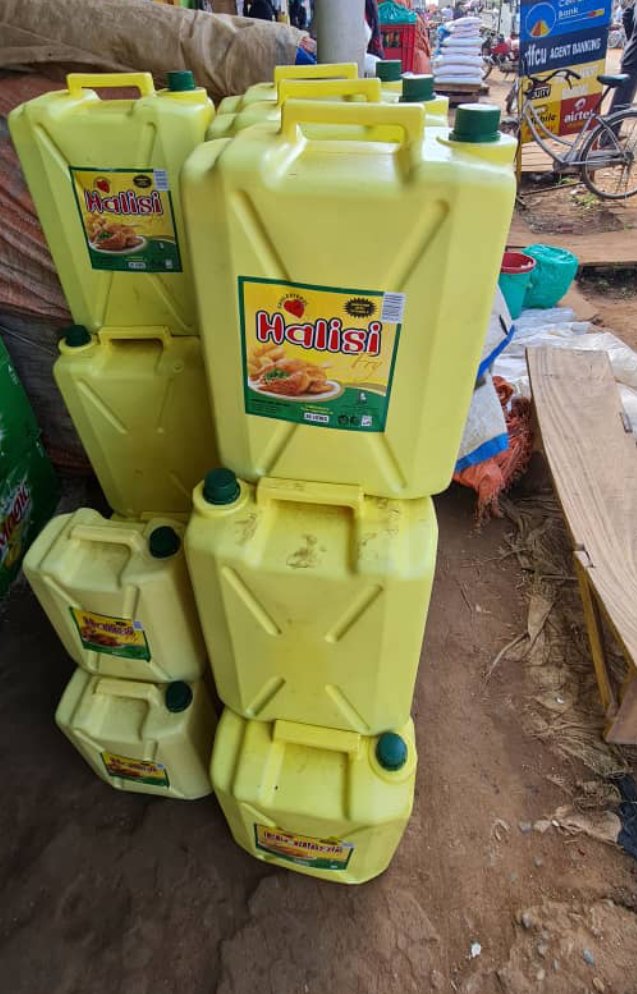
The main causes of inefficiency are firm-specific which include low education and limited access to extension services. Matters are worsened by the recently introduced 6 Months Licences that traders must possess before importing rice in the country. Ministry of Trade issues them but it’s another debacle to access one.
Crude Palm Oil prices hit record high in May 2021 along with Soya bean oil, Sunflower oil and other soft oils which compete for a share in the vegetable oil market. The prices in Uganda have increased to USD1500 (UgX5.4m) per metric tonnes from USD500 (ugX1.8m) close to two years ago.
One Kilogram of such products was at UgX4500 last year from UgX3500 over the last three years thereby tampering with the prices of several household items in modern times. For example soap which for long had been sold at UgX4000 is currently being sold at UgX4500 at known sales points throughout the country with a litre of cooking oil increasing from UgX7000 to UgX10,000.
The price changes have not spared margarine and other edible oils whose costing has shot up by over ugX3000.A key sector player on condition of anonymity notes that with the persistent lockdown and restrictions brought by the COVID-19 pandemic, shipping lines are hardly available and those that exist have increased charges by abnormal percentages never heard of adding that the increase is visible in other raw materials used in the production of the products. As a result, this makes transportation costly and drives the cost of production through the ceiling especially now that the government introduced a 10 percent import levy on raw material as a measure for import substitution.
Researchshows that currently, available sector players can produce between 3000-4000 metric tonnes compared to the local demand which stands at 15,000 metric tonnes. This means that with the current crisis in the sector, cereal oils like sunflower and soybean would have been a good substitute.
However, their production remains at the lowest.The FAO Food Price Index which tracks the international prices of a basket of food commodities, shows that prices for a wide range of items are up by 5.9% from late 2020.Cereal prices overall increased by 4.5% due to reduced harvests in major exporting nations. However, compared to 2020, global cereal production currently is anticipated to increase and reach a new record level of some 4,986 million tonnes.
World cereal consumption for 2022/23 is heading towards a 3.5% gain led by an anticipated increase in global food consumption of wheat rising in tandem with a growing global population.
The vegetable oil index went up 10.8% hitting an all-time high, and dairy rose by 4.7 points, with increased demand for butter, skimmed milk powder and whole milk powder as buyers try to replenish low stocks.Faced with this grim scenario, unpatriotic traders have resorted to dealing in tax free products.
A recent visit to several border points mainly at Busia and Malaba shows that traders are yearning for tax-free Kenyan products compared to the Ugandan made products. Our observation is that some of these products are illegally smuggled into the country through shortcuts making it inevitable for them to be sold at a giveaway price. As if that is not bad enough, some of these products are substandard and do not necessarily conform to acceptable standards.
One wonders were Uganda National Bureau of Standards and Uganda Revenue Authority are to enforce standards and collect taxes respectively. This in the end will affect the end user who is none other than the consumer.
Arecent visit to border towns of Nalwire, Nankoma, Nabigingo, Busekei, Namayingo, Lumino, Malaba indicates that cheap Kenyan edible products by Rhapso (Fortified Edible Vegetable Cooking Oil manufactured by Kapa Oil Refineries Ltd), Somo Fry and Top Fry by Manengei Oil Refineries Ltd, Nyota Fry, Fresh Zait, Halisi Fry, Pika, Salit are being sought after due to their pocket friendly prices. In other words, the cost of production in other East African states is very cheaper compared to Uganda’s.
As if the above description is not hurting, the gullible consumers who are the end users feel that established companies in the edible oil sector are cheating them due to their need to maintain standards in addition to remitting the recently imposed tax.
Matters are also worsened that blended oil of cotton and soya can’t be determined by the customers in terms of dictating the amount of the mix. Here government agencies concerned ought to determine what type of oil can be mixed, what is the percentage mix which is healthy for human consumption, certification by UNBS, why do the prices vary and then quality of the products.
Our findings are that established companies in the sector are selling standard products since they are certified by UNBS while rival companies are selling cheap products but harmful to human life since they tend to be short of the required standards.
Both URA and UNBS need to do random and impromptu checks to protect the consumers from taking substandard products. The other issue of concern is that some of the companies do not reflect the date of manufacture of their products.
The jerricans will only have dates but carton has no dates with several products lacking a UNBS Certification which exposes consumers to a health risk. Under normal circumstances, features of a good product include content of the ingredient, percentage of ingredients and certification by UNBS among others.
Having observed the unfair treatment some of their members are being subjected to compelled Uganda Manufacturers Association through their outgoing Chairperson, Barbra Mulwana to write to the Minister of Finance, Planning and Economic Development.
In her July 5, 2021 letter, workaholic Mulwana revealed that their association had noted with serious concern that Uganda had allowed the imposition of 10% Import Duty on the crude palm oil yet historically, Crude edible oil imports attract import duty at 0% (raw material), olein fraction attracts a 10% (processed) and refined edible oil attracts a 35% (final product).
She further says that the sector contributes to domestic taxes such as corporate tax 30%, VAT 18%, withholding tax 6%, Excise duty UgX200 per litre as well as other Non- Tax Revenues and statutory contributions. She also argues that the objective of this tax regime is to enable the sub sector to improve domestic capacity, raise farmer output, develop the edible oil supply chain and ensure supply of edible oil products to Ugandans.
Notingthat government and the private sector have taken several steps to boost local production citing an example where government implemented focused programs with the assistance of I FAD such as The National Palm Oil Project and the National Oilseeds Project under Ministry of Agriculture Animal Industries and Fisheries, the private sector whilst onboarding the I FAD projects, has also Invested heavily by setting-up out-growers and contract farmers schemes, improving milling capacities as well as other essential post-harvest activities across the value chain.Mulwana who has since ceased the chairperson of manufacturers in the country asserts that despite these successes, there is still an overall shortfall of edible oils in the country and this Is being substituted by imports of Crude Palm oils that are refined and packed in Uganda, which is a benefit for Uganda as extensive value addition is happening here supporting employment, collection of statutory taxes and revenue generation for utility and supporting companies and parastatals as well as scores of local suppliers whose businesses rely on the refiners.
She has since pleaded with government to reconsider its position by retaining the zero percent import duty on crude palms oil (raw materials).
The experienced Mulwana as far as business is concerned anticipates challenges as a result of the implementation of the 10% Import Duty on Crude Palm Oil (raw material) to include but not limited to partner states for example Kenya charging a 0% import duty on Crude Palm Oil, an increase of Uganda’s imports duty from 0% to 10% will lead to dumping and smuggling of Kenyan products (refined edible oils, cooking fats and soaps, made from the non-taxed CPO) by traders on to the Ugandan market.
It is important to note that a similar scenario has been experienced in the wheat sub sector and has resulted into massive wheat smuggling along the country’s Eastern border, the introduction of a 10% import duty on Crude Palm Oil (raw material) is affecting prices of edible oil products as well as byproducts such as soap used as a key product in the fight against COVID19,Distortion of the import substitution effort, introduction of a 10% import duty on Crude Palm Oil (raw material) will encourage local edible oil refiners to import already processed oleim fractions (refined clean processed from CPO which is the raw material) instead of raw materials (CPO) Leading to value addition happening outside Uganda as opposed to within the country.
This will lead to a policy failure with regard to the government industrialization agenda,the operating cost for oil millers have been on the rise, for example the cost of labour is increasing due to growing demand for welfare benefits such as medical, insurance benefits in the event of (accident, disability, death, retirement), leave as well as salary increments, Local oil production from locally sourced oilseed grain is at approximately 150.000 to 180.000 metric tons per annum which has significantly increased over the years but still low to meet domestic demand of approximately 220.000 to 240.000 metric tons per annum. On the other-hand oil seed grain used in production of edible oil such as soya bean and sim sim are consumed as direct food, leaving a smaller portion for oil milling. As a result, making Uganda a net importer of edible oil,the edible oil sub sector is strategic to Uganda’s economy, it offers livelihood to a number of players involved in the value chain i.e. transporters, millers, plastic, carton and label manufacturers,distributors,importers/exporters,clearing agents,wholesalers,hoteliers/restaurants, confectioneries, advertisers among others not to mention.
These not only pay central government taxes, they also remit statutory payments such as licenses and fees. NSSF. Utilities etc. At the backdrop of the prevailing COVID19. increasing import duty from (0 to 10) % will negatively affect the value chain with anticipated losses in consumption and income to many who depend on this value chain, production of edible oil is constrained by a number of factors such as small-scale and fragmented land holdings, limited adaptation to weather changes, leading to low yields, prevalence of diseases and pests, low survival rates of seedlings planted, low use of agro-inputs, poor farm management and limited use of market-oriented production such as contract farming, high cost and limited availability of inputs (improved seeds, fertilizer and chemicals).
This shows that the sub sector needs more support from government,across oil seed milling firms, capacity utilization is a problem. This is caused by the meager quantities of oil seeds grain on the local market. Additionally, climate change and fluctuations in rain patterns h3ve negatively affected the yield per hectare.
Therefore, staying the import duty at zero percent will allow full implementation of the MAAIF/IFAD programs and consequently enabling the import substitution in the sector, More land is needed to produce edible oil. For example, with the current imports of 244,985.7 tons of edible oil Uganda would need either 65.844.9 hectares (162.706.2 acres) of oil palm.
However, it should be noted that land is also needed to produce other food crops if Uganda is to maintain food security.With an elaborative explanation, Uganda Manufacturers Association appeals to government to stay the application of the 0% Import duty on crude palm oil as this will help minimize the edible oil sub sector trade deficit in the short run as a long-term solution is realized at 0% import duty, the edible oil sector will remain competitive in comparison to EAC partner states and for related exports markets, through the Ministry of Agriculture, Government should push for the increase In edible oil yield per hectare by Incentivizing supply of agro-imago puts.
Improved climate resistant seeds, familiar pesticides and market-oriented farm practices such as contract forming and out growers, Government should lobby EAC Governments to have a harmonized position at the EAC level, Government should consider banning the exports of unprocessed oil seeds and oil palm. Or impose punitive export tariffs, in line with international best practices.
This will naturally trigger local processing with all the attendant benefits in form of employment creation, value and monetization of the local economy.By John Nakku

